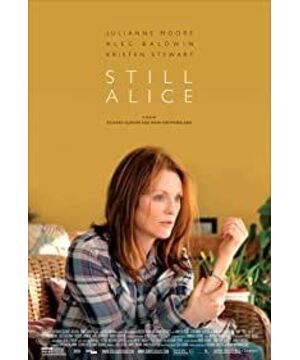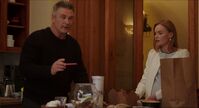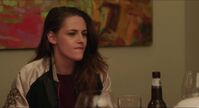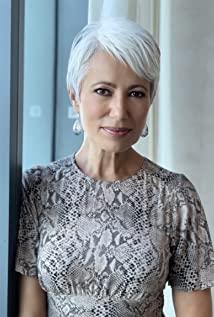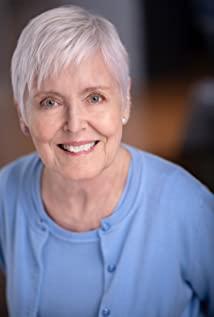I have to admit that Moore's acting skills have become the biggest highlight of the film, and the score should be at least one star.
In the morning, I read the news that Moore won the Best Actress of the Trade Union Award, which is well-deserved. She has a restrained performance method, and she does not have much explosive power, but wins with delicacy. This kind of acting is actually more in line with the themes of life. With the growth of age, I believe that more people will recognize such a play that sees true moves in peace, so I look forward to this year's Oscars.
Going back to the story itself, it is not very new. The development model we can all expect, a successful woman suddenly falls ill, and loses her career, family, and self. For a woman, taking care of family and career is an extremely difficult task. Women are naturally sensitive animals, and modern women have inherent self-requirements. The collision of these two natures forms a contradiction.
We certainly hope that we are strong, and when faced with the unchangeable fact, we hope that we are the same as always, even if we can no longer be happy, at least not to drag down the family. Therefore, when Alice learned of her illness, she first concealed it, then restrained it, and when she slipped into irreversibility, she once chose a path to end her life.
Compared with films of the same theme, a big highlight in this story is the communication between Alice and the child. I believe that when she confessed to her children that her disease was hereditary, the repeated phrase "i'm sorry, i'm sorry." would make many people cry. At this time, she is not simply in the image of a patient, but more as a mother. Her inner apology and self-blame are far greater than the pain of her own illness. Moreover, such sentiments are carried throughout, which enriches the story and characters.
If there is a simple judging criterion for viewing such films, I think it should be whether there is empathy in the process of watching the film. Through a story, you can feel what you have experienced or have not experienced in your life, so as to make your heart more abundant and rich, and then face life from a new perspective. This is the success of a good work of art.
Alice almost lost her language ability at the end of the film. After listening to her daughter's story, she seemed to have a lot to say, and she almost struggled to say "It's about love." Love allows us to move forward when we lose everything. Motivation, still believing that we are who we are when we lose ourselves.
View more about Still Alice reviews


